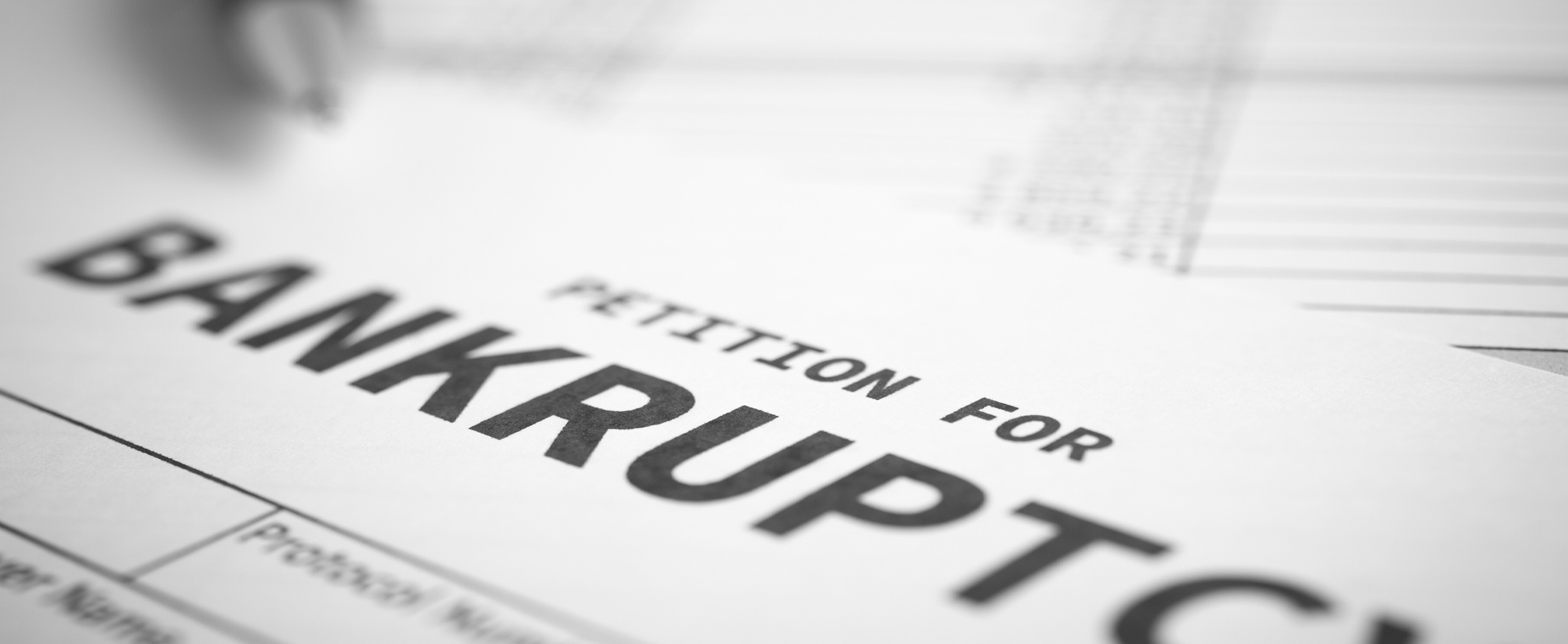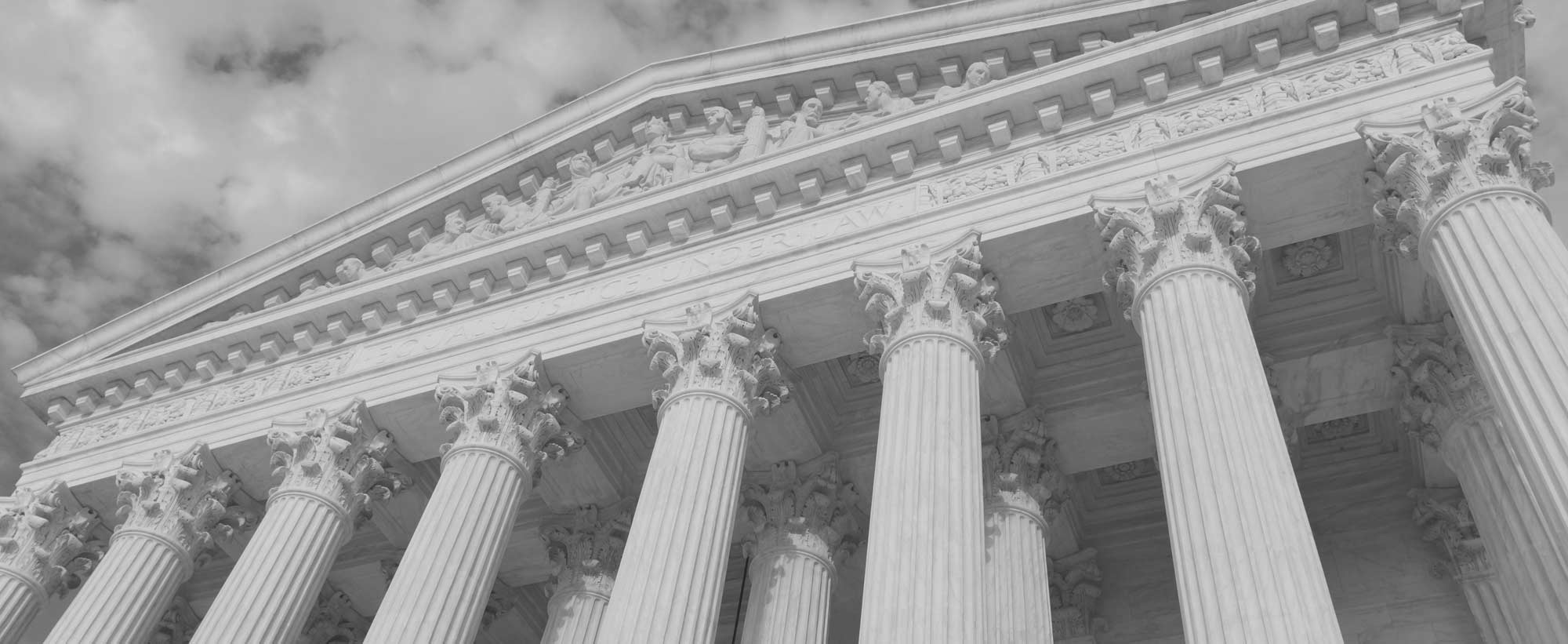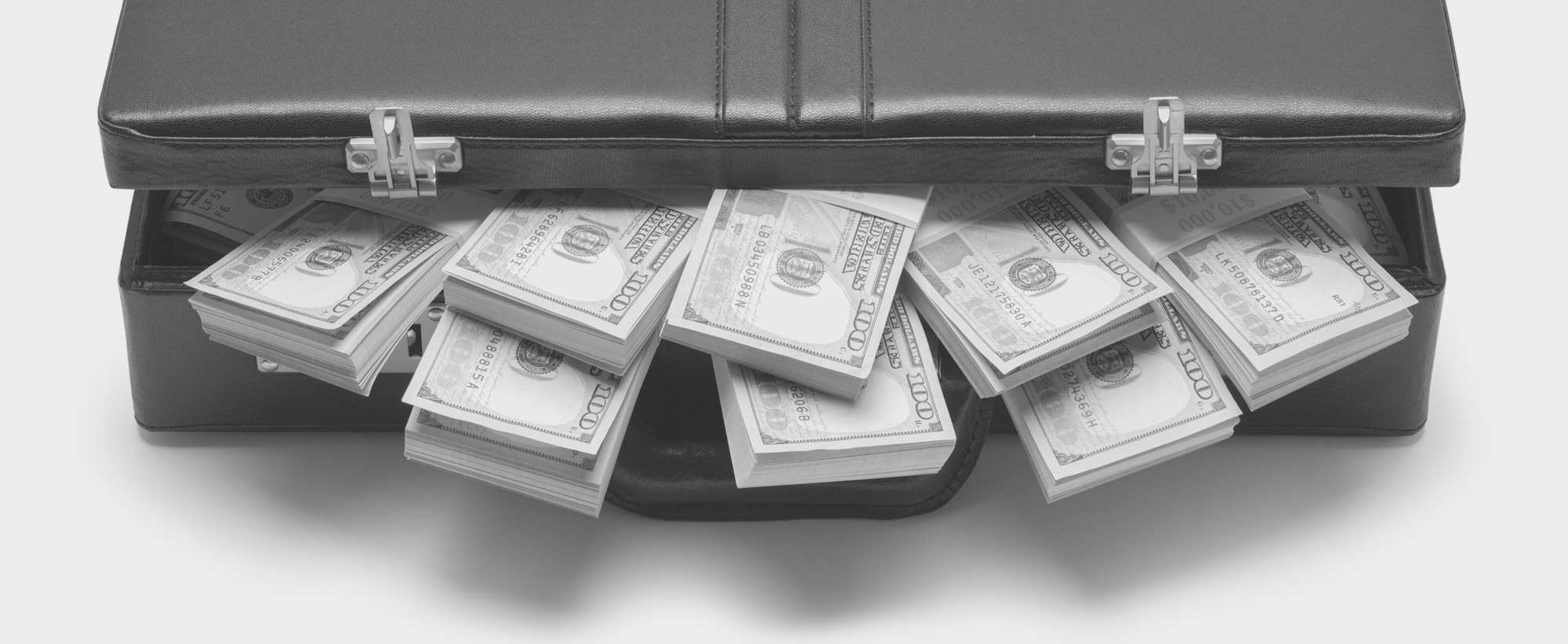Debt consolidation means that all of your smaller loans get paid off with one large loan. So you essentially get one lump sum to pay off your smaller loans so that you only have one monthly payment rather than several monthly payments. The theory behind this is one payment is easier to manage than several. And the main goal is that consolidation lowers the interest rate and monthly payments while paying off your debt in a quicker amount of time.
What Debt Consolidation Companies Do
Here’s what a debt consolidation (a.k.a. debt management or credit counseling) does:
- Closes credit accounts so you cannot use them.
- Sets up an automated monthly payment based on your budget that gets distributed it to your creditors.
- In some cases, they can negotiate lower APRs or reduced late fees with your creditors
Debt Settlement
It’s important to note that debt consolidation is not the same as debt settlement. Debt consolidation allows you to pay your debts in full without causing negative consequences to your credit. Debt settlement is the process of paying off debt to a creditor once a mutually agreed to sum is reached. This sum is usually less than what is owed. Typically, only unsecured debt (for example, credit cards and medical bills), is eligible for debt settlement. Debt settlement is often considered a risky process.
Understanding Secured vs. Unsecured Loans
A secured loan, such as a mortgage or a car loan, means you pledge the property, your home or your car, to secure the repayment of the loan. Here’s an example: you obtain a mortgage loan – the house is security for repayment. If you do not make the home, the mortgage lag lender can take the house back through the process of foreclosure to satisfy the loan.
Unsecured loans differ in that they are based only on your promise to pay. These loans are not secured by property that can be foreclosed on or repossessed to pay back the loan. Credit cards and student loans are technically unsecured loans because there’s nothing that can be directly repossessed if the borrower does not pay the loans back. Unsecured loans have higher interest rates because they carry more risk for the lender.
Debt Consolidation Through Secured Loans
Debt consolidation is a little easier when it comes to secured loans. Because there are physical “securities” that exist for repayment, they are seen as safer for the lender. For example, you can refinance a home, take out a second mortgage, or get a home equity line of credit. Another example is your car loan – the automobile is used as collateral in case you cannot pay back the loan. Assets can also be used as security for a loan. A 401K loan uses your retirement fund as collateral. Life insurance policies can be used if they have cash values. Financing firms can often loan you money against lawsuit claims, lottery winnings, and annuities.
Pros of Consolidating With Secured Loans
Often, secured loans carry lower interest rates than unsecured loans because they are safer for lenders. This fact can help you save your money on interest payments. Lower interest rates tend to make monthly payments lower and thus more affordable. Rarely, but in some cases interest payments are even tax deductible.
Cons of Consolidating With Secured Loans
The biggest con of consolidating with secured loans might seem obvious: when you pledge your assets as collateral and you cannot pay back the loan, you are putting your property at risk of being foreclosed on or repossessed. If you’re unable to pay the loan back, you run the rid of losing your house, car, life insurance, retirement fund, or whatever else you might have used to secure the loan. And certain assets, such as life insurance or retirement funds, may not be available to you if the loan is not paid back before you need to use them.
Debt Consolidation Through Unsecured Loans
Unsecured personal debt consolidation loans used to be quite common, but they are less likely to be available to people seeking them today. Usually this type of loan requires a borrower to have very good credit. A credit card or personal loan debt for consolidation is often given with a no interest, or low interest, introductory rate. Often times this amount balloons after a specified amount of time.
Pros of Consolidating With Unsecured Loans
The biggest benefit to unsecured debt consolidation loan is that no property is placed at risk. Also, an interest rate might balloon to higher than the rate on a secured loan, but it can often be distributed over several different credit card balances, thereby lowering your interest burden and your payment.
Balance Transfer Options
Balance transfer options on no-interest or low-interest credit card offers can be a very useful tool, but they can often be tricky. Check there is no transfer fee in the fine print which negates the savings. Also, the no-interest or low-interest period is generally limited to a set amount of months. You’ll want to be sure you can pay the debt off during this time. If not, you run the risk of paying a much higher interest rate once the period expires.
If your debt is too high to be consolidated, you might want to consider bankruptcy. A bankruptcy attorney will be able to look at your financial situation and determine if bankruptcy is a viable option for you. They will also evaluate your options for avoiding bankruptcy if other options exist. There are many different ways to discharge your debt and find the financial relief you have been looking for.
Working with a Bankruptcy Attorney
Facing debt can be overwhelming. The bills can continue to pile up and the creditors can continue to harass you unless you take responsibility and take action. Working with a bankruptcy attorney to guide you through the process of debt consolidation and/or bankruptcy is the first step to getting back on to solid financial footing. The laws regarding bankruptcy can also be confusing. Because of this, it’s highly advised that you work with a bankruptcy attorney such as the ones at Resnilk Hayes Moradi that can walk you through the process and clarify any questions or concerns you might have. There can be a lot of questions during this extremely stressful time and we are happy to help you plan how to move forward with a solid financial future.
5455 Wilshire Blvd STE12000
Los Angeles, CA 90036
Phone: (213) 699-3055
https://ibankruptcyattorneys.com



